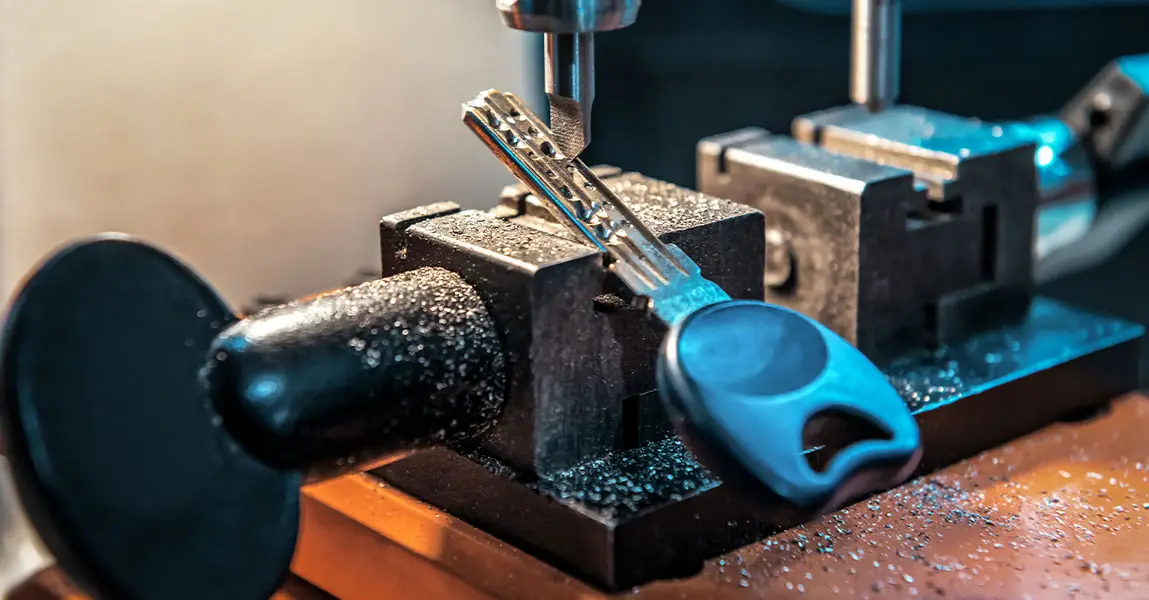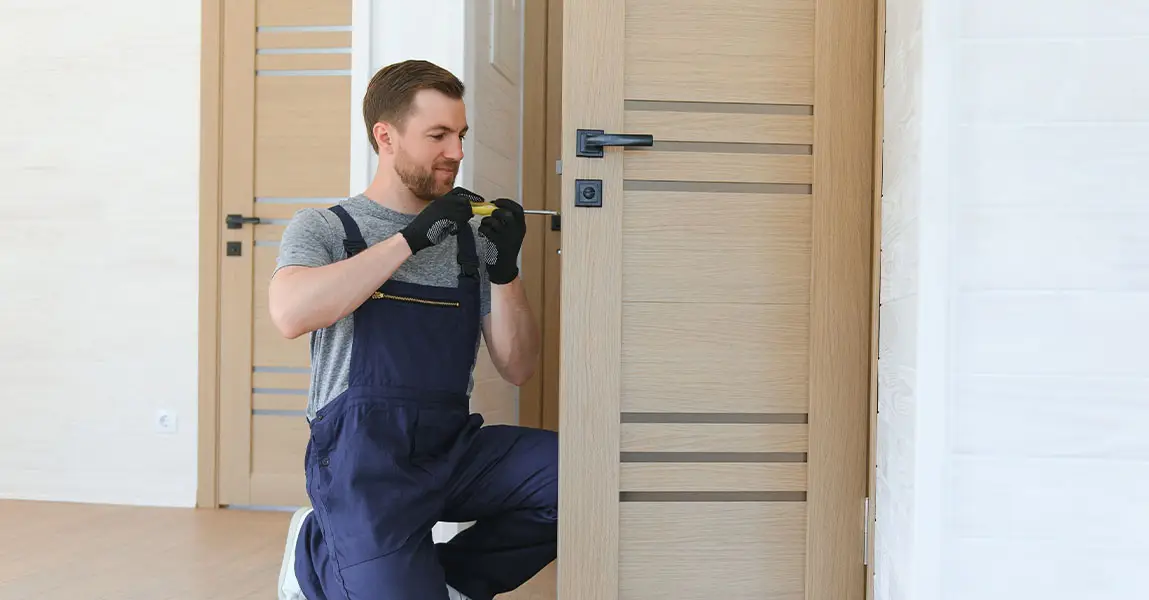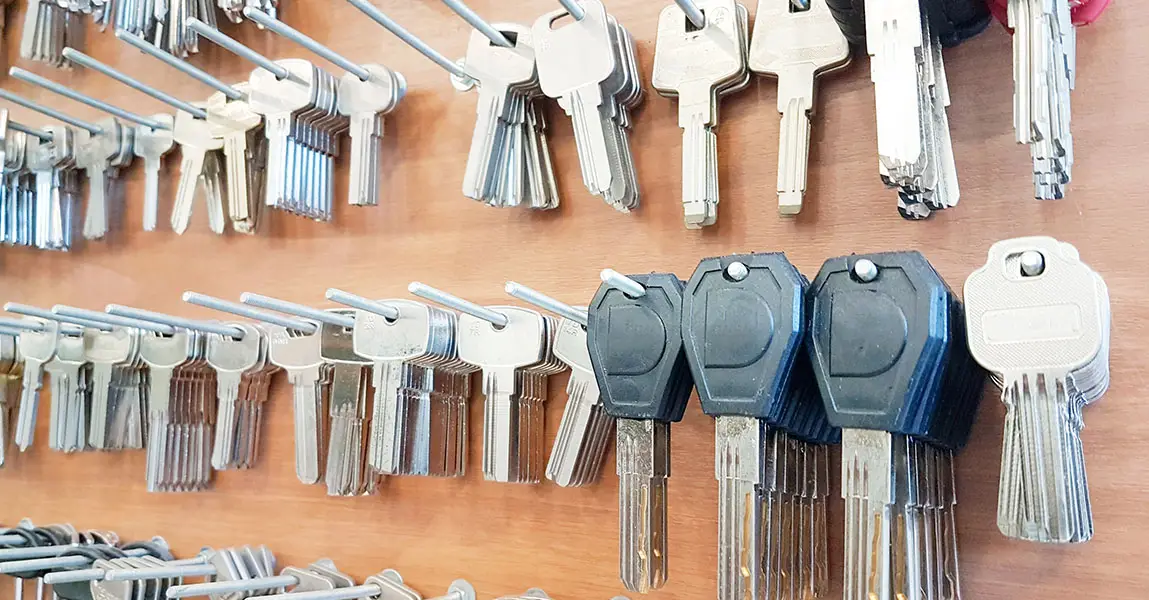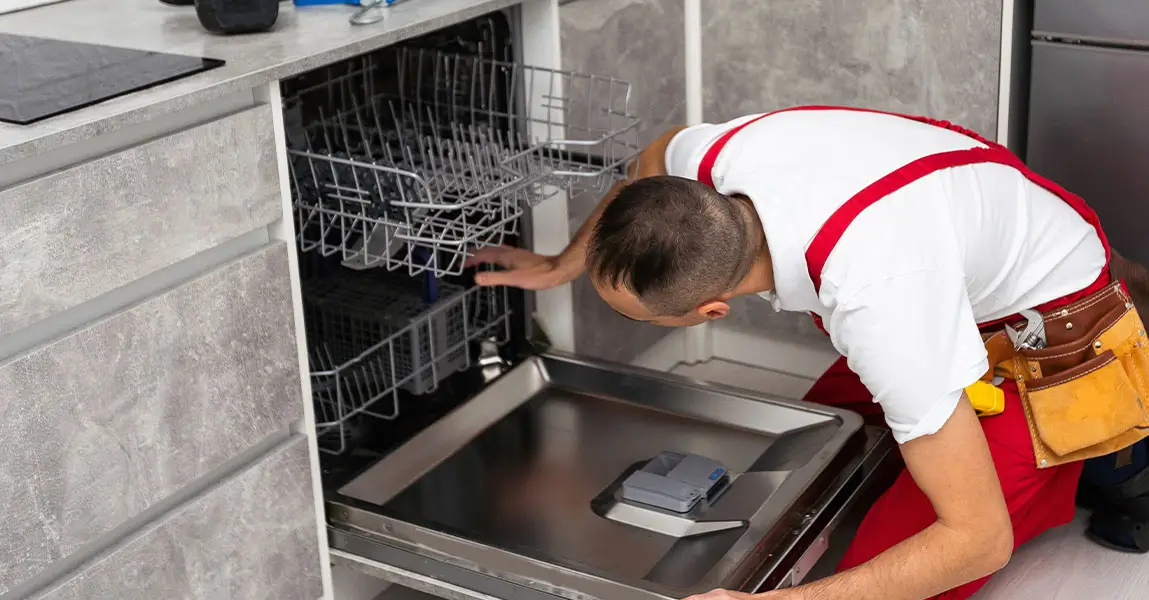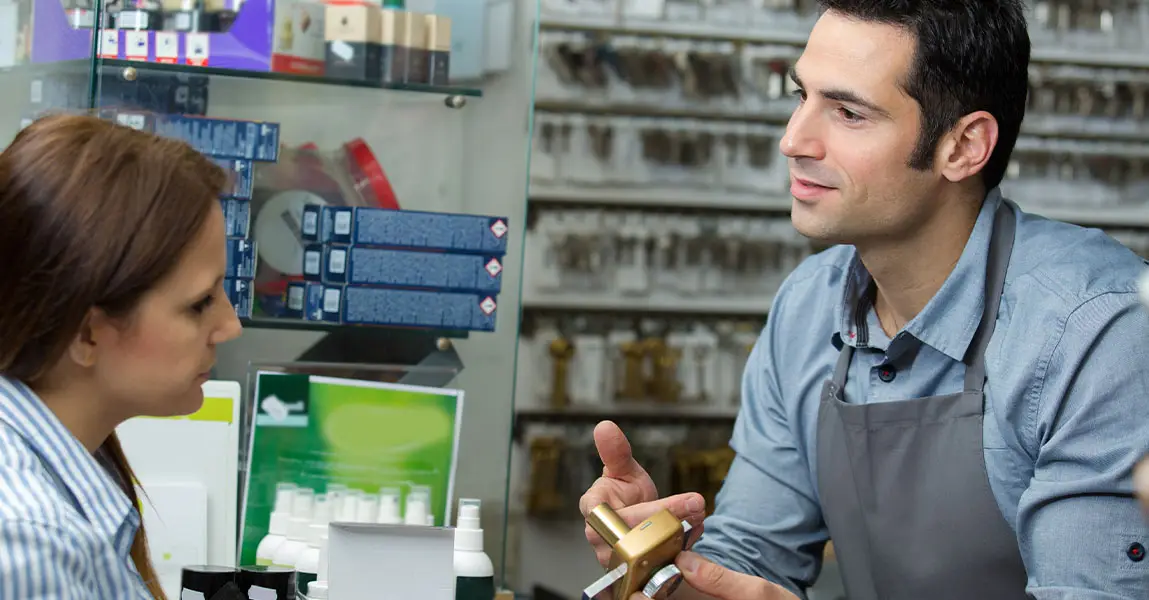Moving into a new home always brings excitement and fresh beginnings. Yet, before settling in, one important step often gets overlooked, changing who can access the property. Rekeying the locks is one of the simplest and smartest ways to protect a new home. It gives us control over entry without the higher cost of replacing every lock.
Understanding What Rekeying Really Means
Many people confuse rekeying with changing locks entirely. In reality, rekeying keeps the same lock body but changes the internal pins so that old keys no longer work. This process creates a new key pattern, making previous copies useless. It is a secure and cost-effective solution that maintains the current hardware but updates the access control.
A professional locksmith in Ottawa can complete rekeying quickly and ensure that the locks function smoothly afterward. This option works well for homeowners who just moved in or anyone who recently gave out spare keys to contractors, cleaners, or tenants. Instead of buying new locks, rekeying allows existing ones to stay in place while improving security right away.
Why Rekeying Matters After Moving In
When we move into a new home, we never know how many spare keys are out there. The previous owners might have shared copies with friends, neighbors, or service workers. Even if they say all keys were returned, it is impossible to verify. Rekeying ensures that only our keys now open the doors.
It also protects us from unexpected situations. For example, a lost key from years ago could still fit the front door. By rekeying, we eliminate this hidden risk. It provides a clean start for our security system and brings peace of mind knowing that no one else has access.
Rekeying is particularly important for older homes where locks have been reused through several ownership changes. Small investments in new keys can prevent costly thefts or unwanted entries later.
The Cost Advantage of Rekeying Over Lock Replacement
Replacing locks can become expensive, especially when dealing with multiple doors. Rekeying costs far less because it reuses the hardware. The locksmith only changes the internal mechanisms and provides new keys. We still get the benefit of full security without purchasing new equipment.
This method also reduces waste since the locks themselves are not discarded. For those who care about sustainability, rekeying is a more environmentally friendly approach. It saves materials while improving safety and reliability.
Homeowners often combine rekeying with an inspection. During this process, the locksmith can check for wear or internal damage. If a lock is still strong, rekeying is sufficient. But if a lock is cracked or worn, the professional will recommend a replacement. This balanced approach keeps costs reasonable and ensures lasting protection.
When Rekeying Is the Right Choice
Rekeying is ideal in several common situations. One example is when we buy a pre-owned home. It is also recommended after completing major renovations where contractors had temporary access. If we recently lost a key, rekeying prevents anyone who finds it from entering.
Rental property owners benefit as well. When a tenant moves out, rekeying ensures the next tenant receives unique keys. It creates accountability without the constant expense of full replacements. Even businesses that want to limit access after staff changes use rekeying to secure offices efficiently.
Another good time to rekey is after personal changes in living arrangements. Whether ending a relationship or sharing the home with new roommates, rekeying can reset control over entry without making the situation uncomfortable.
Rekeying and Modern Lock Technology
Today’s locks often include more complex systems, including smart or high-security designs. Some of these can also be rekeyed rather than replaced. Many new models feature removable cores, allowing locksmiths to update them with ease.
For homes that use a mix of traditional and digital locks, rekeying can still play a role. It keeps mechanical entry points consistent while allowing digital ones to be updated through software or codes. A skilled locksmith can advise whether both can work together smoothly.
It is also possible to rekey all doors to use one key. This option simplifies access and reduces the number of keys we need to carry. It is particularly useful for families who prefer one-key convenience for the front, back, and side doors.
Common Misunderstandings About Rekeying
One common belief is that rekeying weakens the lock, but this is not true. If done properly, rekeying keeps the same level of security. The only difference is the internal pin pattern that changes to fit the new key.
Another misunderstanding is that rekeying only applies to standard locks. In reality, many different lock types, from deadbolts to padlocks, can be rekeyed by a trained professional.
Some homeowners assume they can do it themselves with kits, but this often leads to mistakes. Incorrect rekeying can jam the lock or leave it vulnerable. Professionals have the right tools to ensure every pin aligns properly, keeping the lock reliable for daily use.
Step-by-Step: What Happens During Rekeying
The rekeying process is straightforward when handled by an experienced locksmith. First, they remove the lock cylinder from the door. Then they take out the internal pins and replace them with a new configuration that matches a new key pattern. Once complete, the locksmith reassembles and tests the lock to confirm smooth turning.
The entire process usually takes less than an hour for most homes. The new keys are tested before the locksmith leaves to ensure they work without friction or sticking. If needed, small adjustments are made on the spot.
For homeowners who value safety and convenience, scheduling rekeying soon after moving in makes sense. It is a quick and effective upgrade that builds confidence from day one.
Rekeying vs. Replacing Locks: Knowing the Difference
The main difference between rekeying and replacing locks lies in cost, convenience, and condition. Rekeying works best when the locks are still functional and in good shape. Replacing makes more sense if the locks are damaged or outdated.
When deciding, consider whether the hardware matches your home’s style and level of security. A locksmith can inspect each door and recommend the best option. Many times, a mix of both is ideal—for example, rekeying interior locks but upgrading exterior ones to a more secure design.
How Rekeying Improves Everyday Safety
Rekeying goes beyond protecting from past keyholders. It also strengthens daily safety by simplifying key control. Families can track exactly how many keys exist and who holds them. If one gets misplaced, it is easy to decide whether another rekey is needed.
It also allows for easy expansion. For instance, homeowners can request different key combinations for certain areas such as garages, sheds, or guest rooms. This adds a layer of control without complicating the setup.
Since the process is affordable, rekeying can be part of a long-term maintenance plan. Checking locks every few years helps ensure they continue to perform as intended.
When to Call a Locksmith
While rekeying might seem simple, the work requires precise alignment. Incorrect pin configurations can cause the lock to jam or wear out early. That is why calling a qualified professional matters.
A local locksmith not only changes the key pattern but also ensures all locks function properly after the process. They bring the right tools, spare parts, and technical knowledge to complete the job safely. If security concerns exist beyond rekeying, such as weak deadbolts or misaligned doors, they can identify and fix those too.
It is always wise to choose someone certified and insured to handle the work. Doing so guarantees both safety and accountability for your home.
For reliable service or to schedule an appointment, you can contact us directly and get help from a professional team who understands local home security needs.
FAQs
1. How long does rekeying take?
Most standard locks can be rekeyed in less than an hour, depending on the number of doors and their type.
2. Can I use one key for all my home locks?
Yes, a locksmith can rekey multiple locks to use the same key, which adds convenience and better key control.
3. Is rekeying as secure as replacing locks?
Yes, when done by a professional, rekeying offers the same level of security as a full lock replacement.
4. Should I rekey if I lost a single key?
If the key might be found by someone else, rekeying prevents unauthorized access and restores peace of mind.
5. How often should locks be rekeyed?
It is smart to rekey after moving, losing a key, or whenever there is a change in who has access to your home.

